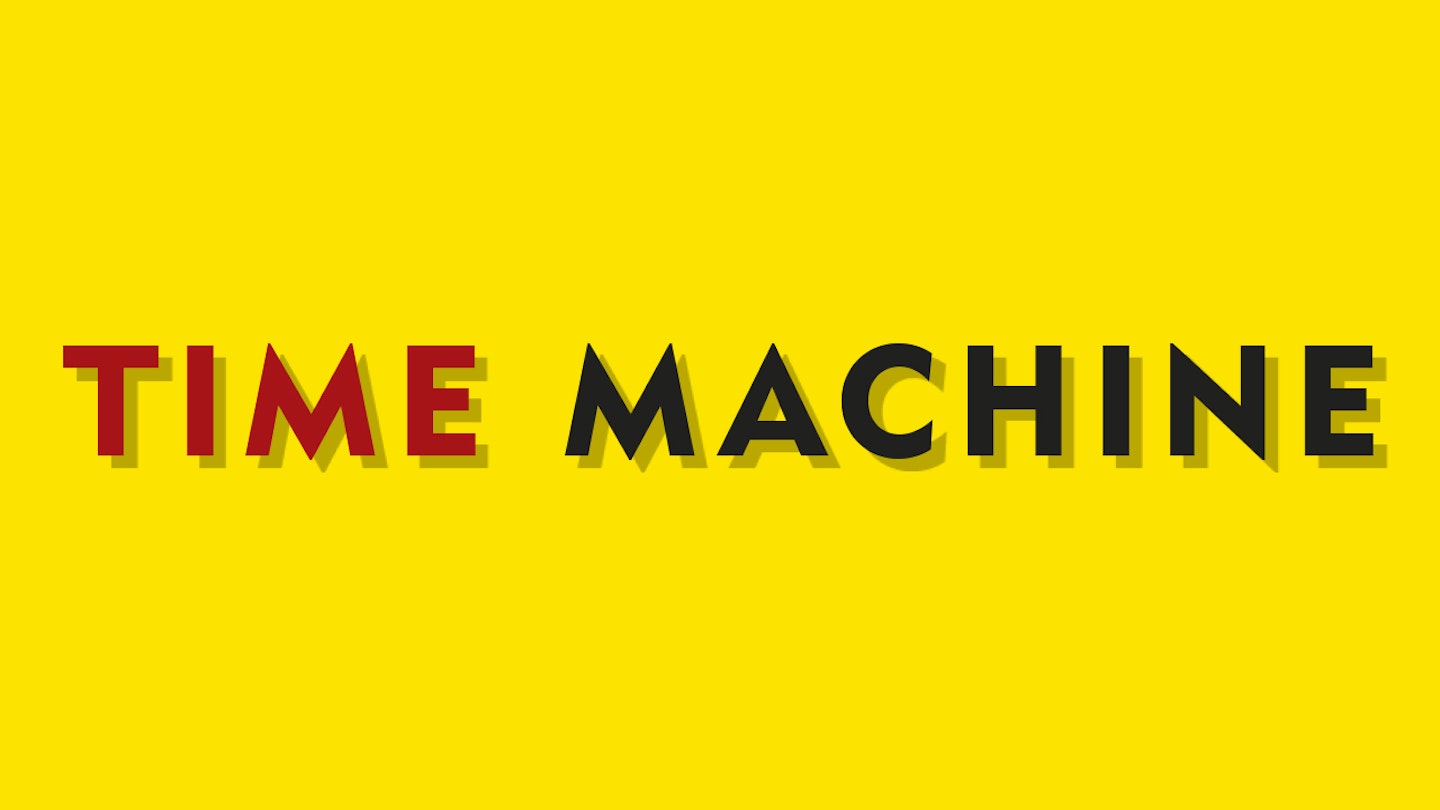19 July, 1988
East Germany – or the Deutsches Demokratisches Republik as the locals knew it since its founding in 1949 – was not the easiest place to be a music fan in the eighties. The communist state’s record label Amiga may have licensed albums by Abba and Eric Clapton, but listeners had to look to bootleg tapes and western radio to really satisfy their need for uncensored sounds. The infamously surveillance-happy authorities’ attempts to co-opt popular music for political purposes didn’t do the domestic scene any good either.
As the decade drew on, and liberalisation in the Soviet Union took hold, the old men of the East German Politburo faced a dilemma. How were they to address young peoples’ dissatisfaction with their lives, and stave off the possibility of sedition? They’d already sent truncheon-wielding policemen in when youths had gone to the Berlin Wall to listen to massive gigs by David Bowie, Genesis and Eurythmics held in West Berlin in June 1987. Realising that the people wanted music, the Communist Party’s Free German Youth wing (the FDJ) hit upon the idea of holding rock concerts by western artists. Over the next year, Bob Dylan, Joe Cocker, Depeche Mode and Bryan Adams – the latter at a show engineered to clash with a Michael Jackson in the west - all played in East Berlin. But none of them had the impact of Bruce Springsteen’s gig in a field beside the Radrennbahn Weissensee cycle track on July 19.
“I'm not here for any government.”
Bruce Springsteen
The Boss had visited East Berlin before, in 1981. “You could feel the boot, the stasis in the streets,” he wrote in his 2016 autobiography Born To Run, “and you knew that the oppression was real.” Yet, sensing the importance of the moment, he agreed to play. The FDJ had convinced the censors that Springsteen was an ideologically acceptable blue-collar critic of the American way. In fact the 1986 Amiga edition of Born In The USA included a bespoke sleeve essay that called the title track “anything other than a chauvinist elegy” and referred to Springsteen’s songs of “dying cities and unemployment (and) the power of the little people.”
Yet from the off it became clear that things weren’t going to go their way. The FDJ had billed the show as a benefit concert for Nicaragua, much to Springsteen’s management’s chagrin, and for a while it looked like the show might be pulled. In the event the organisers removed the offending banners, though the tickets still read Konzert Für Nicaragua. More importantly, it soon became clear that the amount of tickets sold and the numbers in the crowd – estimates range from 200,000 to 300,000 to even more - were wildly disproportionate. The presence of so many gatecrashers was, in itself, a hugely symbolic act in a country as regulated as this. There were other acts of defiance, with some in the crowd waving homemade stars and stripes and flags declaring their admiration for the Boss.
Springsteen did not disappoint them. “It’s nice to be in East Berlin!” he shouted like it was the most normal thing in the world, before leading the E Street Band in a storming version of Badlands, facing down the dodgy sound by sheer spirit. The 32 song set included such touchstones as The River, Born To Run and a mass audience-participation version of Born In The USA, but the arguable zenith came when Springsteen read out a speech in halting German, phonetically rendered by that day’s German driver. “I'm not here for any government,” he said. “I've come to play rock'n'roll for you in the hope that one day all the barriers will be torn down.” The crowd roared its approval, and the band tore into a heartfelt version of Dylan's Chimes Of Freedom. The GDR TV broadcast took advantage of tape delay to expunge such bourgeois thinking, but the damage was done. Erik Kirschbaum, whose 2013 book Rocking The Wall: The Berlin Concert That Changed The World goes admirably deep into the story, told the BBC, “I think it really contributed to fuelling the sentiment in East Germany for change… Springsteen came there and spoke to their hearts.”
Those chimes kept on ringing. 16 months later the Berlin Wall fell, as did the communist states of Eastern Europe. Springsteen never forgot what happened that day. Writing in Born To Run, he recalled that “horizonless field of Eastern Bloc faces. They came, 160,000-plus strong, with home-stitched American flags, and stretched as far as the eye could see. It was one of the great shows of our lives.”
